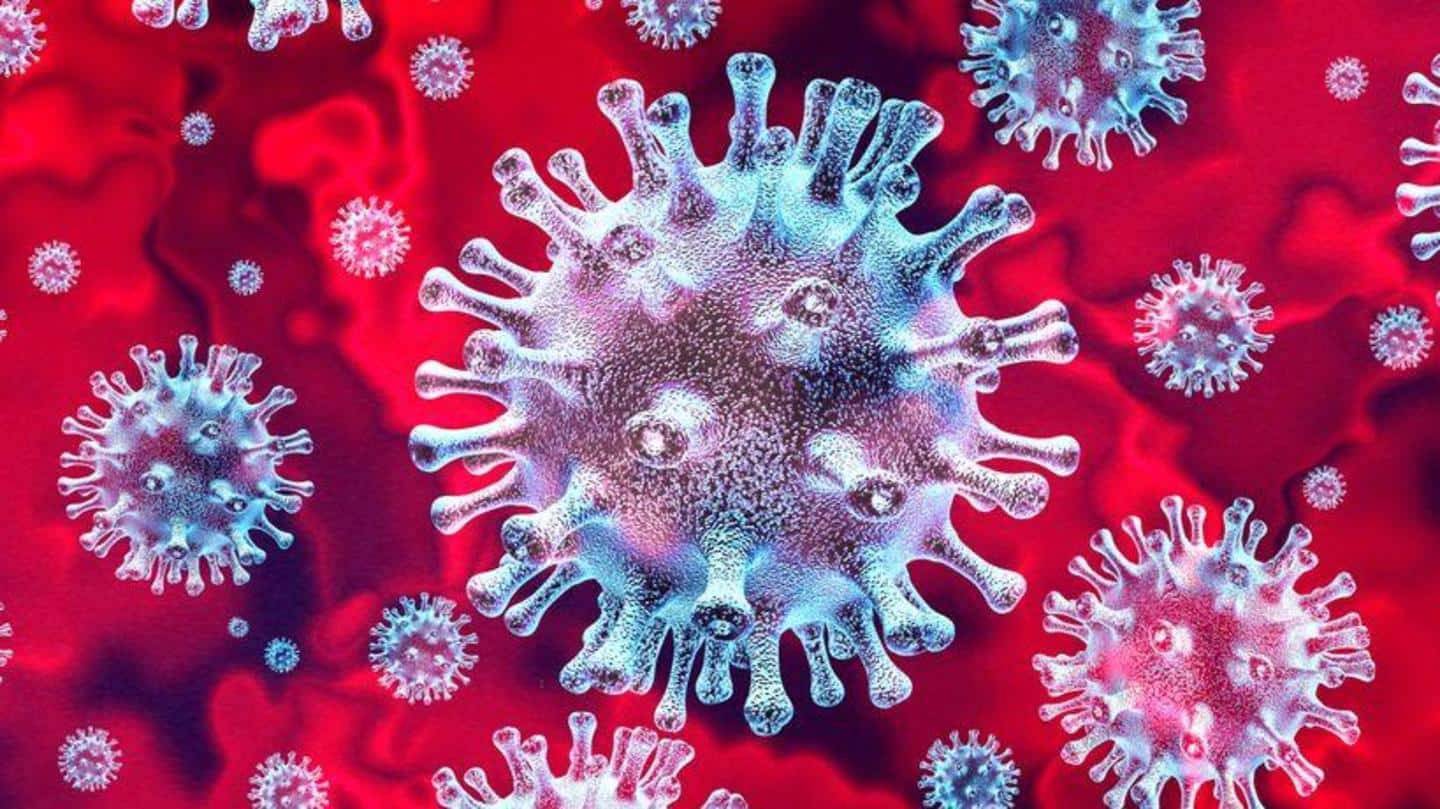
COVID-19 variants found in India named 'Kappa' and 'Delta'
What's the story
The B.1.617.1 and B.1.617.2 variants of COVID-19, first identified in India, have been named as Kappa and Delta respectively, the World Health Organization (WHO) announced on Monday as it named various COVID-19 variants using Greek alphabets.
Hoping to strike a comprehensive balance, WHO said it will now refer to the most worrisome variants known as variants of concern by letters in the Greek alphabet.
Information
India had objected to B.1.617 mutant being termed 'Indian variant'
The WHO's move came three weeks after India objected to the B.1.617 mutant of COVID-19 being termed an "Indian variant" in media reports with the Union Health Ministry pointing out that WHO has not used the word "Indian" for this strain in its document.
Ministry
Ministry dismissed all reports that identified them as 'Indian variant'
On May 12, the ministry dismissed as "without any basis and unfounded" media reports that have used the term "Indian variant" for the B.1.617 mutant strain, which the WHO recently said was a "variant of global concern."
In a statement, the UN health agency said on Monday that an expert group convened by WHO has recommended labeling using letters of the Greek alphabet.
Names
However, scientists will continue to use established nomenclature
Letters of the Greek Alphabet, i.e., Alpha, Beta, Gamma, will be easier and more practical to discuss by non-scientific audiences, without replacing the scientific naming system.
"The established nomenclature systems for naming and tracking SARS-CoV-2 genetic lineages by GISAID, Nextstrain, and Pango are currently and will remain in use by scientists and in scientific research," it added.
Variants
Here's what other variants will be called
Besides the Indian variant, the first such variant of concern, which first appeared in Britain and can be also known as B.1.1.7, will be known as the alpha variant. The second, which turned up in South Africa and has been referred to as B.1.351, will be known as the beta variant.
A third that first appeared in Brazil will be called the gamma variant.
WHO
WHO is constantly monitoring changes to the virus
Future variants that rise to "of concern" status will be labeled with subsequent letters in the Greek alphabet.
WHO and its international networks of experts are monitoring changes to the virus.
"If significant mutations are identified, we can inform countries and the public about any changes needed to react to the variant, and prevent its spread," it added.
Information
Systems to detect signals of potential variants are in place
Globally, systems have been established and are being strengthened to detect signals of potential variants of concern and interest and assess these based on the risk posed to global public health. National authorities may choose to designate other variants of local interest/concern, it added.